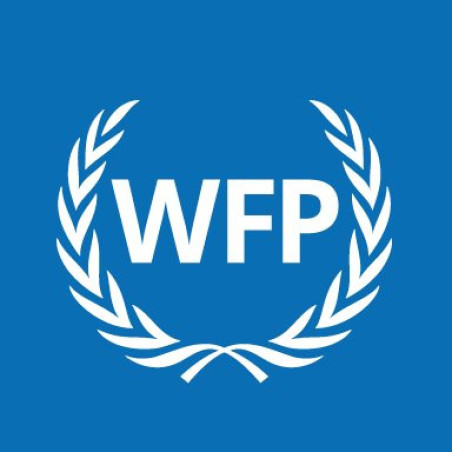WFP and UNICEF launch joint voucher programme to support communities affected by Cyclone Idai

The voucher programme will run from August to October and will benefit 100,000 cyclone-affected people per month in the cyclone-affected districts of Dondo and Nhamatanda, Sofala Province.
Participating families will receive a monthly voucher worth 2,670 Mozambique meticals (US$ 44) which is distributed by partner organization Food for the Hungry, and can be redeemed at seven different shops in Dondo and Nhamatanda districts. Families can purchase items from a wide variety of food, hygiene and household items, including rice, oil, lentils, frozen fish or chicken, as well as soap, sanitary pads, buckets, cooking pots, clothes, and blankets.
“By working together to provide vouchers for food, hygiene, and household items, WFP and UNICEF are able to help households purchase and prioritize what items are most essential for them and their families. Having this level of choice is important as the needs of families in these areas remain significant,” said Peter Rodrigues, Emergency Response Coordinator for WFP in Beira.
In addition to providing families with vouchers to meet basic food and household needs, the programme will also promote practices to improve nutrition and hygiene among families, through behaviour change messages facilitated by social mobilizers both at voucher distribution points, as well as through household and community-level visits.
WFP and UNICEF will also be conducting extensive programme monitoring to analyze what families purchased and how these purchases have contributed to their recovery and well-being after the cyclone. Evidence and learning generated from this research will help humanitarian actors in Mozambique in considering voucher and cash-based approaches in response to future emergencies, increasing the efficiency of humanitarian work.
Wherever possible, WFP uses cash and voucher programmes to empower disaster-affected people, enabling them to choose how best to address their essential needs in local markets, while simultaneously helping to boost local markets and economic recovery. WFP’s response to Cyclone Idai has transitioned from providing in-kind food assistance initially, to including cash and voucher transfers, in areas where markets have been restored.
As part of the first-line response to both Cyclone Idai and Cyclone Kenneth, UNICEF and partners focused on direct distributions of hygiene items such as soap and water containers to the most-affected communities, with a priority on families living in accommodation centres and resettlement sites. To date, UNICEF has reached over 120,000 people with hygiene kits.
“Thankfully, markets in much of Dondo and Nhamatanda districts are now fully restored, especially those close to commercial centres allowing UNICEF to move to a voucher approach in these areas, allowing families to choose themselves the hygiene and household items which they need most. However, in rural and hard to reach areas with limited functional markets, UNICEF will continue to support families in-kind,” said UNICEF’s Beira Team Leader, Eimar Barr.
Thanks to generous support from USAID, the Government of Japan, UK Aid and European Union’s Civil Protection and Humanitarian Aid Operations (ECHO), this programme will reach 100,000 cyclone-affected people through to October 2019. Since the start of the response, WFP has reached 1.8 million people with food and voucher assistance, and UNICEF and partners have reached over 620,000 people with sanitation and hygiene promotion activities, including point-of-use water treatment safe practices.
 Africas leading resource for digital financial services
Africas leading resource for digital financial services


comments